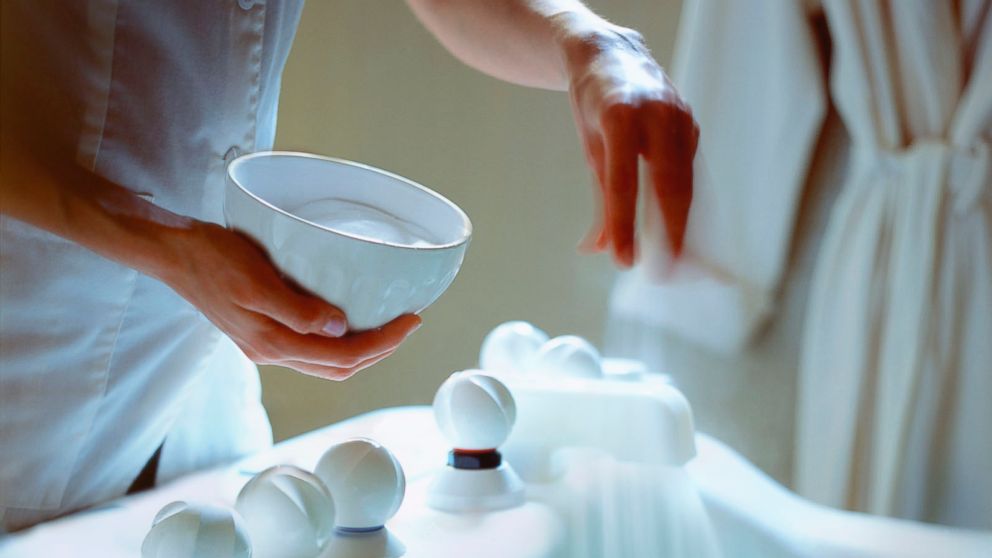The Truth About Epsom Salt
The salts are said to help with sore muscles and magnesium deficiency

— -- When it comes to health trends, it is hard to keep up. Everything from the Paleo diet to oil-pulling to drinking aloe vera water and bone broth compete to grab our attention.
As part of the new “Yahoo Your Day” series -- a collaboration between “Good Morning America” and experts from Yahoo – Michele Promaulayko, editor-in-chief of Yahoo Health, will do the research to tell you whether a trend is legitimate or one you can quit.
Today, Promaulayko is looking into Epsom salt and whether it can really help your aching muscles.
“It’s not a new trend but it seems to have grown in popularity, the CrossFit community talks about it a lot, a lot of wellness experts, there’s tons of proponents out there proselytizing it,” she said.
Epsom salt – or magnesium sulfate – is supposed to help with sore muscles after a workout and is often used in a bath. The idea is that soaking in the magnesium sulfate bath helps in the muscle recovery process.
Others believe using Epsom salt will help absorb the magnesium into their bodies, claiming it, in turn, relieves stress, cures depression or helps get a good night’s sleep.
The science shows there has been only one small clinical study linking Epsom salt bathing to raising magnesium levels, according to Promaulayko. Other studies found Epsom salt baths helped people simply as a placebo effect.
“Here’s the thing, our skin is a protective barrier, it doesn’t just keep the bad things out and let the good things in," Promaulayko said.
So is it legit? Or should you quit it?
"It’s a quit, unfortunately," she said. "But that said, sometimes things work because there’s a placebo effect in this case there just aren’t enough clinical studies to support it but if it feels good why not, it’s not going to hurt you."



